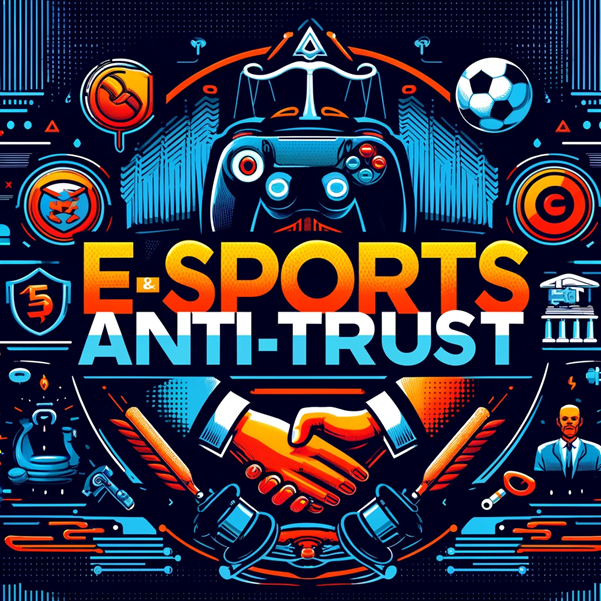By Adv Siddharth Narang, Partner Agreya Legal
Esports, also known as electronic sports, similar to traditional athletic sports, the esports landscape features highly skilled professional players who dedicate extensive hours each day honing their skills and gearing up for upcoming tournaments. Enthusiastic fans converge in tournament arenas, eagerly tuning in to live broadcasts and revisiting archived streams hosted on platforms such as YouTube.
Esports provides an interesting example for antitrust analysis, showing how to navigate markets where multiple entities require access to intellectual property (IP). These markets pose a distinct challenge, as they depend on the simultaneous coordination of seven or more entities.
In the esports sector, a horizontal agreement could occur between two developers or publishers, two players, or two Tournament Organizers. Conversely, a vertical agreement might involve a player and a developer-publisher or a player and a Tournament Organizer.
As publishers integrate vertically into the esports content market within their games, they strategically aim to reduce competitive pressures from other entities. The publishers can achieve this by leveraging their intellectual property (IP) monopoly within the game to control the downstream esports market. For instance, a publisher may choose not to grant broadcast rights to independent tournament organizers.
To safeguard consumer welfare through market competition, antitrust laws should curtail game publishers from utilizing their IP rights to monopolize the downstream esports market for their games.
With the emergence of multi-sided markets reliant on IP access, where distinctions between producer, intermediary, and consumer blur, the importance of effective antitrust analysis in these evolving markets will continue to rise.
On April 3rd, 2023, the Justice Department initiated a civil antitrust lawsuit against Activision Blizzard, Inc. (Activision)[1], a prominent global video game developer and publisher. The lawsuit alleged that Activision imposed regulations that curtailed competition among players in its Overwatch and Call of Duty professional esports leagues and suppressed the wages of esports players, violating the Sherman Act..
According to the Justice Department’s complaint[2], independently owned teams that competed in the two Activision leagues agreed to a “competitive balance tax” that “effectively operated as a salary cap.” As alleged in the complaint, the Tax was structured to penalize teams in the Overwatch and Call of Duty Leagues, respectively, if a team’s player compensation exceeded a threshold set by Activision. This, the complaint said, violated the Sherman Antitrust Act by limiting competition in the league and suppressing players’ pay.
The complaint, filed in the U.S. District Court for the District of Columbia, was accompanied by a consent decree proposal that, if approved, “would prohibit Activision from imposing any rule that would, directly or indirectly, limit player compensation in any of Activision’s professional esports leagues, or that would tax, fine, or otherwise penalize any team for exceeding a certain amount of compensation for its players.” Activision eventually agreed to a settlement in which they committed to refraining from imposing any caps or limits on the salaries of esports players or teams.
[1] USA V. ACTIVISION BLIZZARD, INC. (CIVIL ACTION NO.: 1:23-cv-00895)
[2] https://www.justice.gov/media/1284351/dl?inline

